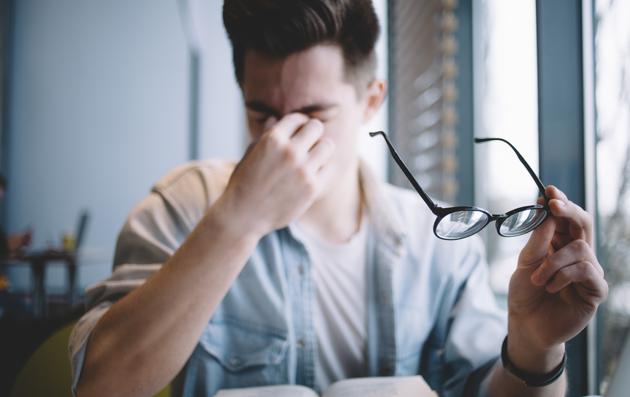There is a popular saying that the eyes are the windows to the soul, but they are also our individual windows to the world around us. Vision is an individual experience, and hence our eyes are an organ that we tend to pay a lot of attention to, simply because of the value that our vision holds.

Though some people are born with perfect eyesight, many things over time can affect our vision.
Age, genetic conditions, diet, smoking and non-communicable diseases (such as diabetes and hypotension) can affect our vision.
When you start to notice changes in your vision, you will typically make an appointment to see your ophthalmologist or optometrist. During your visit, testing will be done, and a diagnosis will be made. Depending on the diagnosis, you may be prescribed bifocal lenses.
What are bifocal lens
Bifocal lenses are lenses with lines separating two different prescriptions. There is a distance prescription on top and a reading distance on the bottom, which is good for viewing objects up close.
Who needs a bifocal lens?
Bifocal lenses are used for people who are both nearsighted and farsighted. However, people who are over the age of 40 may begin to notice a change in their vision that requires the need for bifocals.
Presbyopia is physiological insufficiency of accommodation associated with the aging of the eye that results in progressively worsening ability to focus clearly on close objects.
Most people become aware of presbyopia when they start holding their phone or books further away in order to see it clearly.
Signs you may need bifocal lenses
Eyestrain
If you experience headaches or throbbing eye pain after reading, driving or using the computer for long periods, it may be a sign that you have an eye strain. This might be an indication that you need bifocal lenses.
Vision is blurred at normal reading distance
Have you been finding it difficult to read due to blurred vision, even when you are holding it at a normal distance? This could be a symptom of presbyopia, which may require bifocal lenses to correct or aid vision.
You have to hold things at arm’s length to see clearly
Millenials have long made fun of their parents' and grandparents' habit of holding their phones at a far distance while typing or reading. What many may not realize is that this might be happening due to presbyopia.
In an effort to see more clearly, persons may hold things at an arm's length. Bifocal contact lenses (or multifocal contact lenses) work by having concentric rings with the central part for distance and each subsequent ring for different distances.

Can you add bifocals to existing lenses?
Now you’ve gotten your bifocal glasses and vision has never been clearer… until it’s time to wear your sunglasses. Wouldn’t it be great to be able to have the same quality vision in your sunglasses as your regular prescribed lenses?
Our Optx 20/20 Stick-on-Bifocals were created for moments like these. They are easy to use and also pretty easy on the pockets. These stick-on-bifocals are easily cut to size and are applied to the back surface of the lens using only warm water.
No need to worry about not being able to see clearly in your sunglasses!

